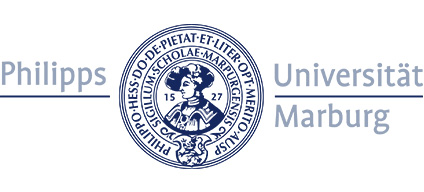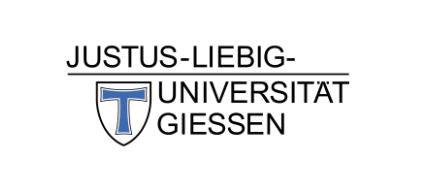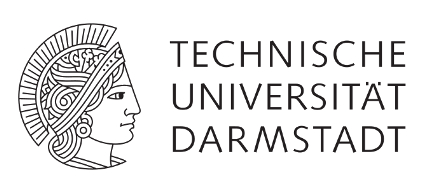Main Content
Summer and Autumn school
Inhalt ausklappen Inhalt einklappen S U M M E R S C H O O L (2022) - Visual Neuroscienes: from Spikes to Awareness
Summer School Rauischholzhausen Castle (near Frankfurt, Germany)
Organizers: Wolfgang Einhäuser-Treyer, Roland Fleming, Alexander SchützVisual neuroscience involves a wide variety of methods and approaches - computational theory, neurophysiology, neuroanatomy, functional imaging, psychophysics, neuropsychology, and others - and illustrates perhaps more clearly than any other area of brain research, the overriding need to combine and coordinate these diverse efforts.
The European Summer School exposes young vision researchers - at the late pre-doctoral or early post-doctoral level - to the principal methods and seminal issues of contemporary visual neuroscience. In addition, it seeks to build a basic fluency in the emerging lingua franca of computational neuroscience. The range of topics is broad, literally from spikes to awareness, and the pace correspondingly brisk. This intensive experience should allow participants to take a broader view of, and make more informed decisions about, their future research direction.
The European Summer School is taught by leading researchers in neurobiology, neuropsychology, psychophysics, and theoretical neuroscience. Two thematically related topics are covered each day, with approximately 3 hours allotted to each (including discussion time). An after-dinner discussion provides an opportunity to contrast and compare the day’s lectures. In addition, students pursue computational and theoretical projects (based on Matlab) during the afternoon, to experiment with key concepts and techniques of computational neuroscience.
The European Summer School meets at idyllic and inspiring Schloss Rauischholzhausen in Hessia, Germany. The main selection criterion for participants is the degree of benefit that each applicant can be expected to derive from the course. In addition, the organizers attempt to balance fields, nationalities, and genders among participants.
The tuition, which covers the room plus all meals (breakfast/lunch/dinner) during the school amounts to 500 €.
We look forward to welcoming you to the summer school.
Wolfgang Einhäuser-Treyer, Roland Fleming, Alexander Schütz
Inhalt ausklappen Inhalt einklappen A U T U M N S C H O O L (2022/2023) - European Psychoneuroimmunology (PNI) Autumn School Series
Funded by Volkswagen Foundation
Rauischholzhausen Castle (near Frankfurt, Germany)
The skin-brain axis and the breaking of barriers, 02.-10.09.2023Application opens: 12th of December 22
Application deadline: 31st of January 23Organizers: Prof. Christoph Rummel, Prof. Eva Peters, Prof. Karsten Krüger, Prof. Adriana del Rey;
Justus Liebig University GiessenThe European Psychoneuroimmunology (PNI) Autumn School Series explores innovative ideas and research avenues in a multidisciplinary field that includes neuroscience, immunology, and mental health / stress research from basic to clinical science. Complex interdisciplinary interactions emerge as an important melting pot for the development of new integrative approaches addressing modern civilization health challenges. The activation of the immune system in interaction with the brain in health and disease forms the core of this multidisciplinary bio-psycho-social research approach. Immune-derived messengers originating from peripheral inflammatory insults contribute to immune-brain communication while neurogenic mediators can modulate the peripheral immune response. Recent evidence showed that these reciprocal processes have high similarities in different organs, but organ-specific disease relevance. Besides the largely investigated gut-brain axis, the to date understudied lung-brain and skin-brain axes deserve attention. PNI research is instrumental to achieve breakthroughs in these research fields with a high potential to spread these concepts to further and more research areas. While the present COVID-19 crisis highlights the importance of infection trespassing body barriers, these relatively new research fields remain poorly understood. Here, we combine the expertise of the German-Endocrine-Brain-Immune-Network (GEBIN) and the recently established European-PNI-Network (EPN) with specialists in lung and skin research to establish a training event for a new generation of young, motivated and focused researchers. The scope is to promote novel research on health challenges of substantial relevance. As a third step, we consider it highly promising to complete the series with the study of lifestyle effects that combat civilization threats. This series of Autumn Schools would foster interactions between leaders and trainees in traditionally separated research fields within the framework of PNI. We aim at creating an attractive atmosphere to increase the interest of a new generation of scientists who should contribute to the development of an urgently needed integrative multidisciplinary medicine.
for more information:
https://www.uni-giessen.de/epn-autumn-school-series


